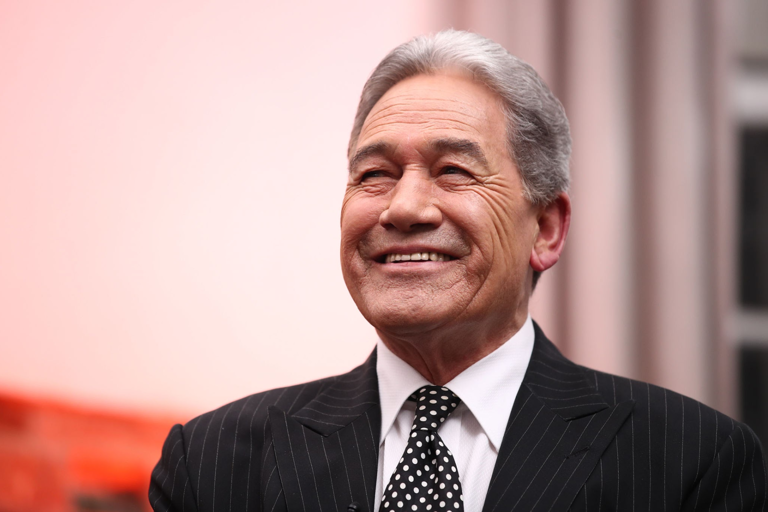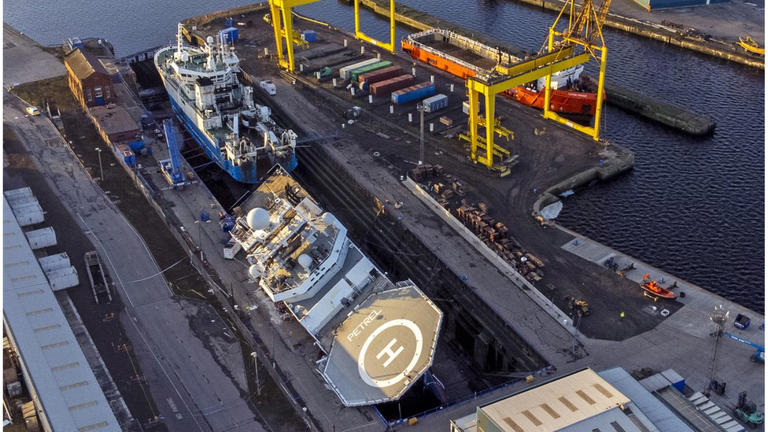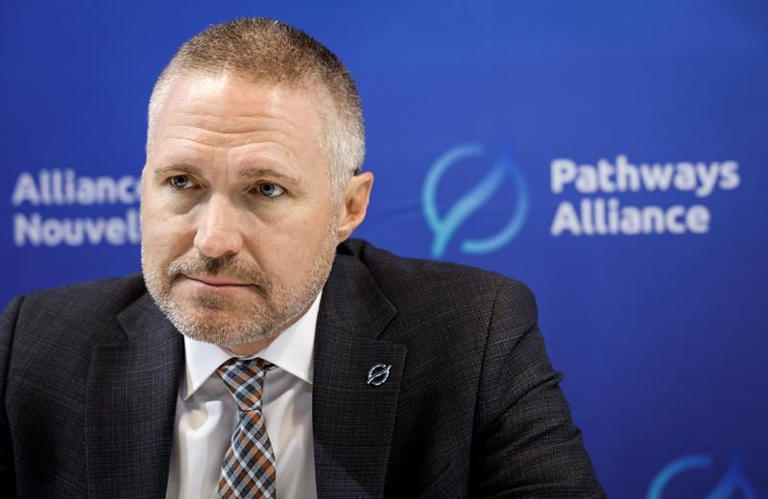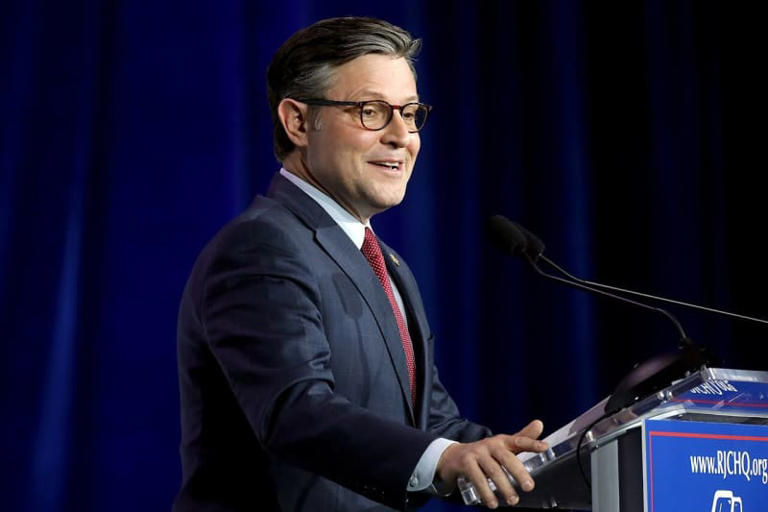Story by DPA International • 1d •

A general view of the Tesla car factory in Gruenheide. Jörg Carstensen/dpa© DPA International
Germany's powerful IG Metall trade union has failed to increase its influence at Tesla's German factory outside Berlin, the company said late on Wednesday following works council elections this week.
Works councils play an important role in German firms, representing the interests of employees by ensuring that laws and collective agreements are observed, that there is no discrimination during hiring and promotion, and that employees' views on improving the workplace are implemented.
The workforce selects from lists of candidates, some of whom can have the backing of trade unions.
In the vote at Tesla's Grünheide plant this week, just under 60% of the seats went to non-unionized lists, the US-based electric car manufacturer announced on Wednesday evening, citing provisional results.
Two years ago, the figure was just under 53%. Out of 39 seats on the new works council, 23 were allocated to lists outside the union, while two years ago 10 out of 19 seats went to non-union lists.
IG Metall is the largest group on the council, with an expected 16 members. More than 12,000 employees were called upon to vote for the works council from Monday to Wednesday. According to Tesla, nine lists with 224 candidates took part.
The new works council is expected to take up its work next week. "We will continue our successful cooperation with the works council," said a Tesla spokeswoman.
This was the second works council election at Elon Musk's only European car factory. The first election took place before the plant opened, when there were far fewer employees.
IG Metall is demanding better working conditions and a commitment to a collective labour agreement at the factory.
Tesla rejects a collective labour agreement and believes that many of the union's demands, such as occupational safety or better conditions for temporary workers, have already been implemented.
US corporations tend to be more hostile to unions than their German counterparts, and Musk himself has been a vociferous opponent of any attempt to unionize the workforce at any of his companies.
Environmental activists are currently protesting in the forest near Tesla's Grünheide plant against plans to clear trees for a freight depot on the site.











